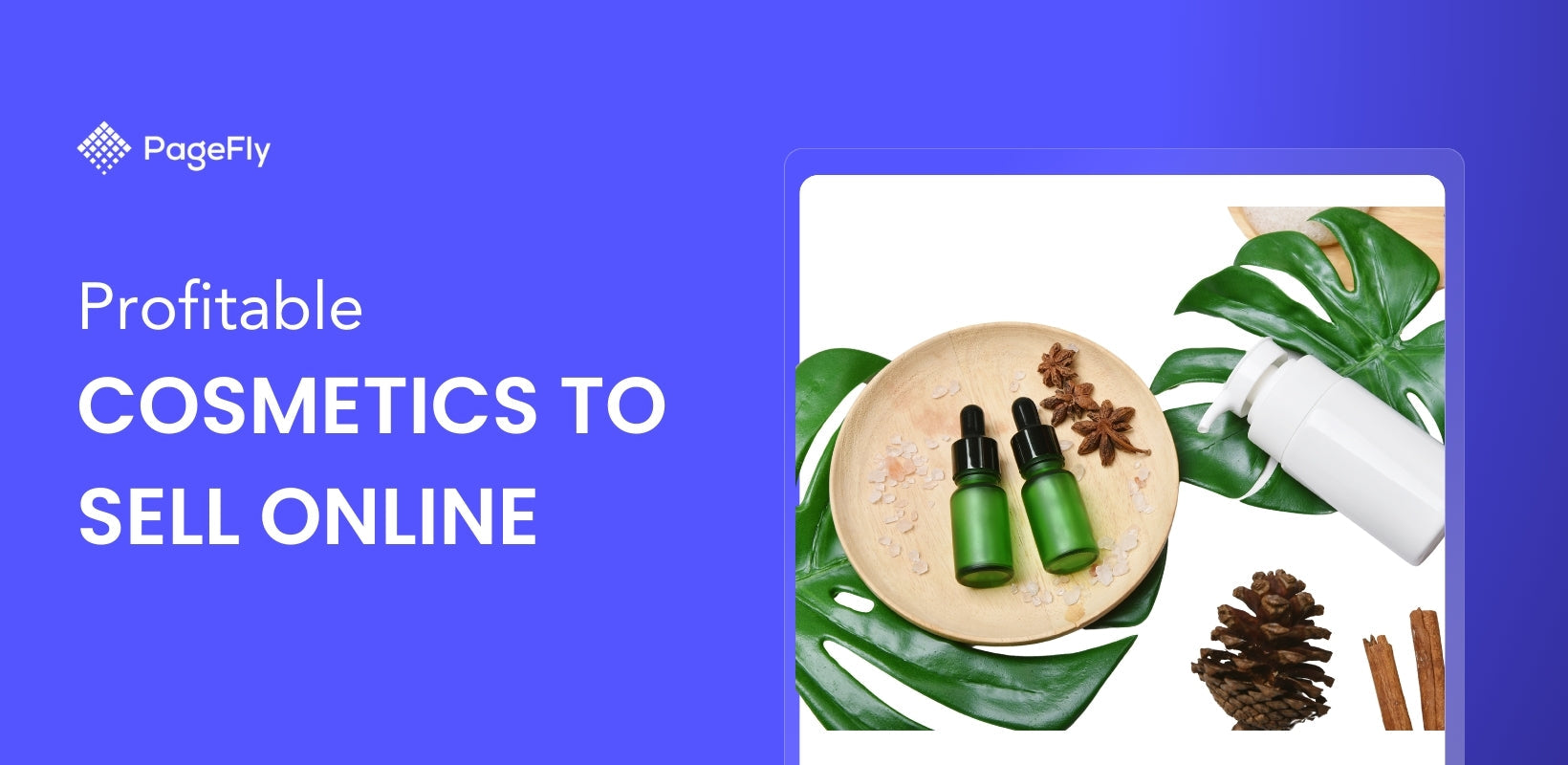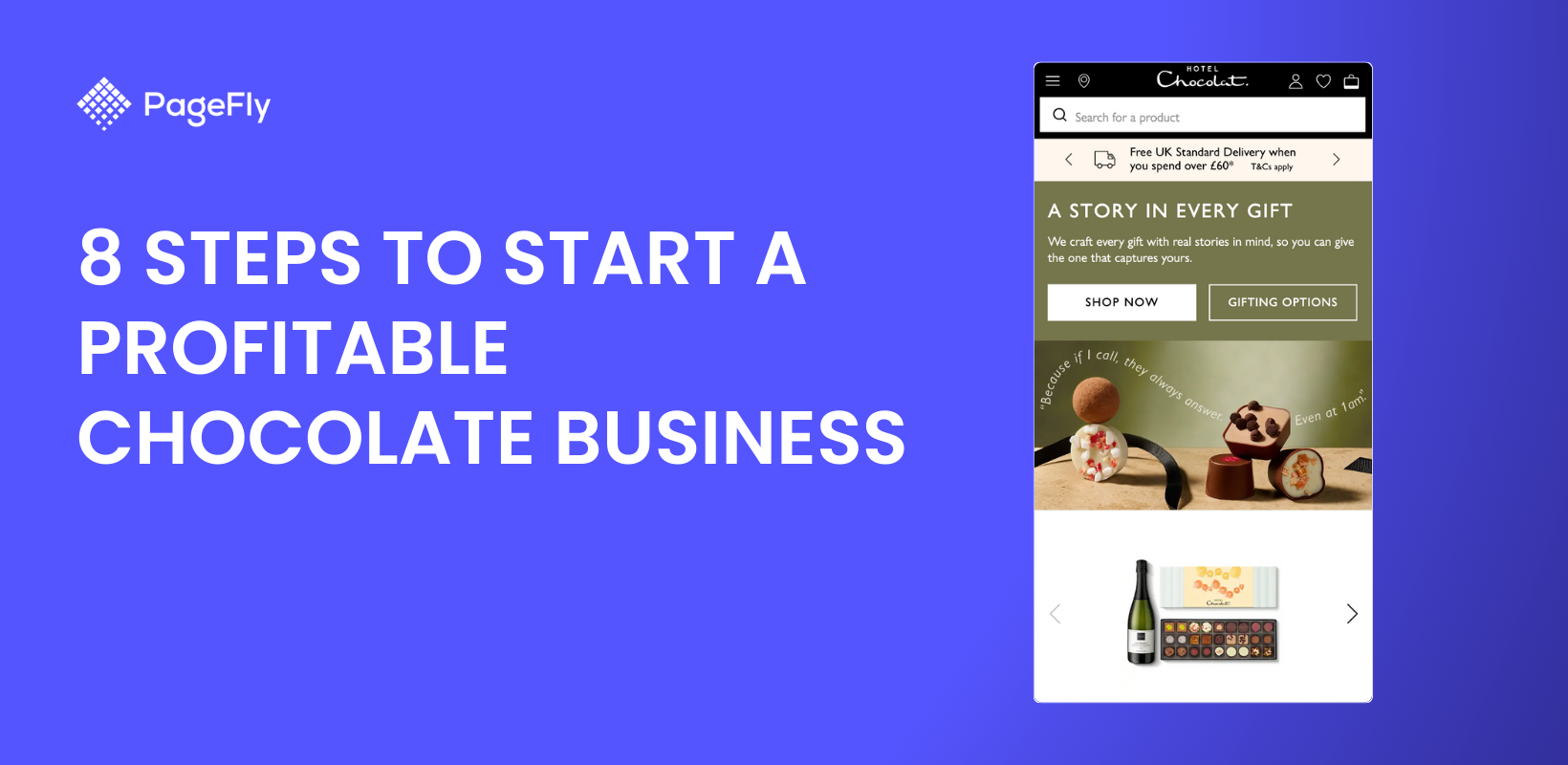Learning has become more accessible nowadays. You might wonder, can you sell courses on Shopify? The answer is yes, making it a viable option for selling on Shopify for beginners. You can probably find thousands of learning materials online on any topic that you wish to learn. In the same way, imparting knowledge to other people has also become easier. Not just that, you can make huge profits out of it. How? If you selling course on Shopify.
This is great news if you are a working professional with years of expertise in your field. Sell online courses will also help you monetize the skill and knowledge that you have.
Can you Sell Courses on Shopify?
 The internet is a rich source of valuable learning that can change one’s life. However, it is also flooded with fake gurus selling the “secret formula to success” so they can make profit from people who really want to change their lives for the better.
The internet is a rich source of valuable learning that can change one’s life. However, it is also flooded with fake gurus selling the “secret formula to success” so they can make profit from people who really want to change their lives for the better.
Thus, while it’s tempting to create digital products like coaching programs, nothing beats genuine expertise. If you want to start an ecommerce business and sell digital products, make sure that you have real expertise to share. Something that will be worth your clients’ hard-earned money.
Arm yourself with great research, writing, computer skills to formulate a course that can legitimately transform lives. Top that with exceptional marketing efforts, an important aspect of selling on Shopify for beginners, and you’ll be on your way to financial freedom.
Online Courses As A Source of Learning

datareportal.com
More and more online users nowadays are relying on the internet to learn about different topics. If you look at the online behavior of internet users aged 16 to 64 years old, the results are interesting.
Statistics show that 25,6% of said users watch education content online. Furthermore, 25.7% of the same users watch tutorials and how-to videos (Source: We Are Social).
The results are quite fascinating because they show that there are more users who consume educational or how-to videos than those who watch influencer videos and blogs.
This goes to show that the stigma in the efficacy of online learning is being defeated by people’s reception of online learning. Ivy League universities in the U.S. are now also embracing online education to provide a more effective learning experience to their students.
These trends combined positively affect the revenue growth of online courses. Global online learning platforms market is expected to reach $325 billion by 2025, growing at a compound annual growth rate of approximately 7% (Statista).
Thus, if you plan to launch an online course, it is safe to say that now is the best time for you to do so.
Read more: How to Sell Services on Shopify: 5 Steps to Building a Store
How To Sell Courses On Shopify in 11 steps

We have now established that launching an online course is a great source of income, particularly when selling on Shopify for beginners. That is, if you know how to create one.
Before you sell digital downloads of your course, there are a few things that need to be settled. This is not going to be a straightforward process that you can accomplish in a day or two. Instead, it entails a lot of research and planning that could take months or even years in the making.
But not to dissuade you… If you followed each step carefully and took your time in creating a high-value lesson, mastering how to sell courses on Shopify would be very lucrative for you.
Here are 11 steps that you need to follow.
01. Identify the Topics of Your Online Course 
Choosing a topic is probably the easiest part of the job when launching a course. It is easy because you can have that false sense of confidence that you have the competency to teach something.
Thus, it pays to be very aware of your skills and abilities before you formulate one.
There are a few things that you need to assess if you want to know your qualification in creating the online course. These are:
- Years of experience in the field
- Level of expertise.
- Credibility (certifications, formal education, etc.)
Mastery cannot be achieved overnight. It takes years of experience. And although it doesn’t take an expert to create and sell courses, here’s the question that needs to be answered:
Will your course be competitive enough compared to those crafted by industry experts? You probably know the answer.
Therefore, it is crucial that you create a course where you have the expertise and credibility to show for. Because if you push through with a topic for the sake of monetary gain and not to provide real value, your credibility will take a hit.

02. Research What Your Target Customers Want to Learn
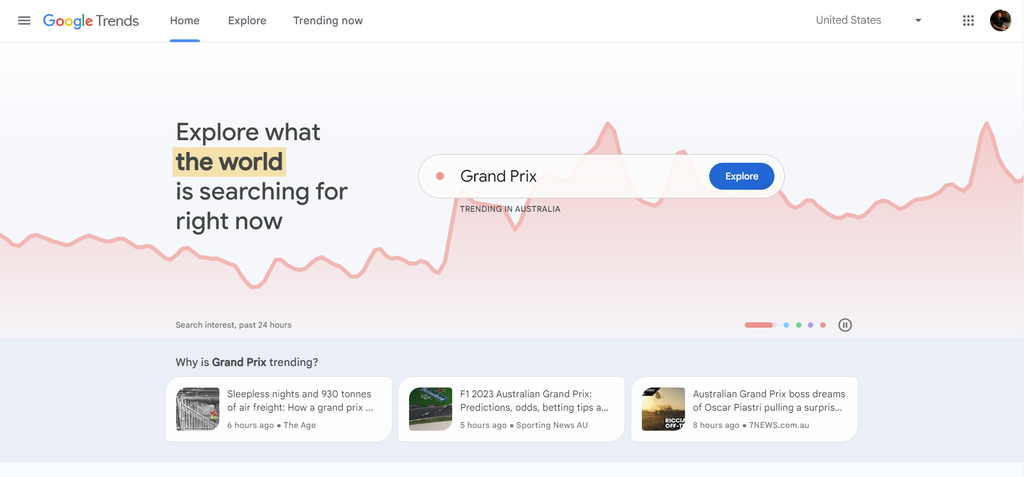
Selling digital downloads comes with a chance for a huge payday. However, this would only be possible if there is a high demand for the course that you want to create. One way to check is by using Google Trends. Key in your topic of expertise and confirm if there is a demand.
After confirmation, it’s time that you put yourself into the shoes of your target customers. You have to think like them – like a novice or a beginner. Go back to the time when you were just starting your journey in your chosen topic. Recall the questions you asked when you were just starting out in your career and list down everything to help you craft your course.
It is important to have a beginner’s point of view when creating a course. Another way to identify the questions your target customers are asking is to conduct a simple Google search.
Here’s how you can do that:
- Key in a topic in the search bar.
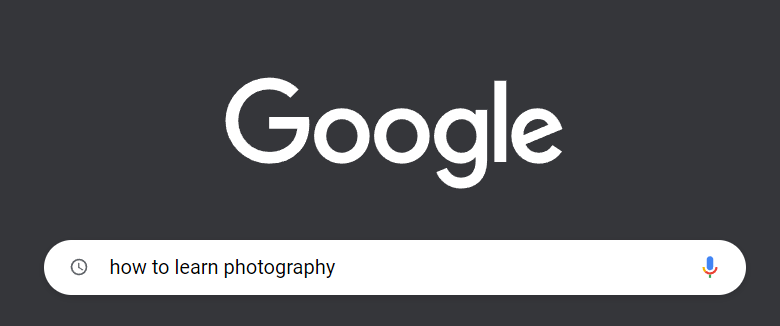
- In the results page, scroll down until you see the “People also ask” section. Keep pressing on the arrow-downs to generate more questions.
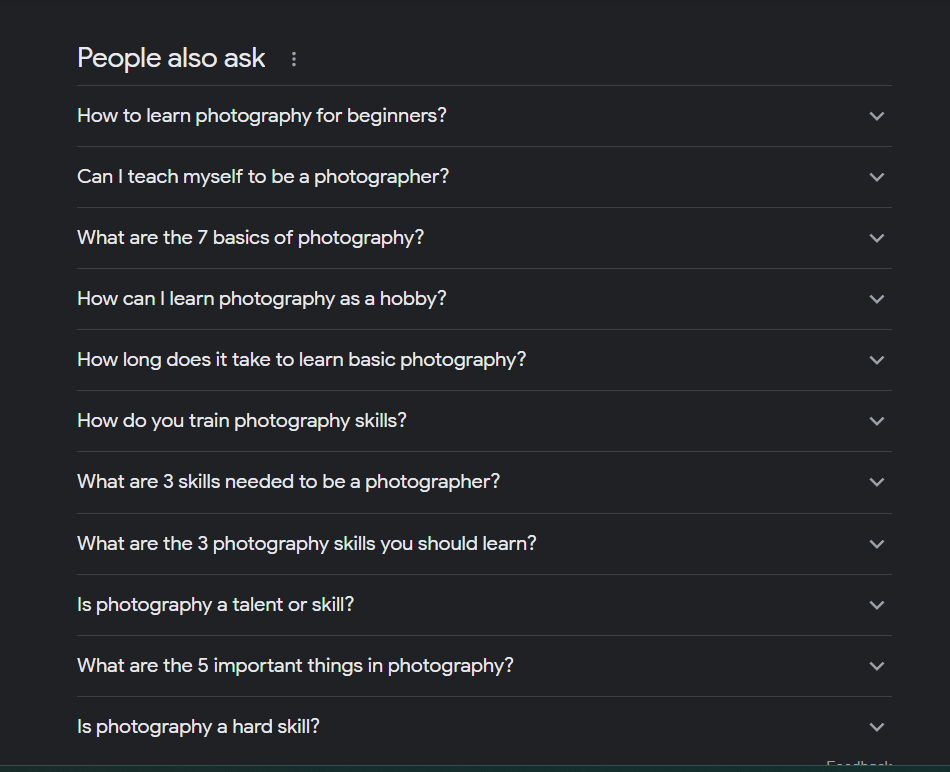
- Scroll down to the bottom-most part of the page and list down the search terms shown in the “Additional searches” section.

This way, you can have an insight as to what people want to learn in regards to your field.
Another way to know what your target customers want to know is by directly asking them. You can do this by joining Reddit groups or asking questions in Quora.
By learning what your target customers want to learn, you can make sure that you have provided a comprehensive, well-conceived, and high-value product.
Quick read: How To Sell Shopify Store: An Investor Tutorial in 2024
03. Divide Your Online Course Into Chapters
 It is important to break down your course into smaller, digestible chunks so that your students won’t get overwhelmed while learning.
It is important to break down your course into smaller, digestible chunks so that your students won’t get overwhelmed while learning.
Divide it into different chapters and modules and have a focal point in each one. Further divide your modules into smaller chunks by introducing a number of lessons.
In doing this, your students will have an easier time digesting everything. Furthermore, setting learning goals will also be easier for them because they can allocate time for each lesson.
This modular approach is called “Microlearning”. Research suggests that microlearning improves study focus and even promotes long-term retention of the lessons introduced in each session.
According to RPS Research, Microlearning improves focus and supports long-term retention by up to 80%.

04. Choose the Best Online Course Format
 In today’s fast-paced world, you want to facilitate the best learning method for your students. This means choosing the right format in conducting your lessons. Do you want to sell ebooks, audio files, videos, or a combination of different formats?
In today’s fast-paced world, you want to facilitate the best learning method for your students. This means choosing the right format in conducting your lessons. Do you want to sell ebooks, audio files, videos, or a combination of different formats?
Presenting your lesson in the most appropriate format increases student engagement. This provides your students a better learning experience.
Aside from choosing the most appropriate learning media, it is also crucial to set the size or time consumption of your course. As regards the length of courses, there are three (3) classifications:
- Mini course - Mini courses are the type of courses that introduce a much larger lesson. Such as a multi-day course or a masterclass. These are often given away for free by entrepreneurs or online teachers to their leads. These are in no way lesser-value lessons. Instead, they serve as an introduction to a larger topic while imparting very few insights that are not representative of the entire lesson. A mini course will be useful in your ecommerce business because it will help you pull leads into your sales funnel.
- Multi-day course - A multi-day course is one that is bound to be completed in a few days or weeks. It can be a certain chapter of a masterclass that warrants an entire course in itself, but not so big as to become a masterclass. Some online certifications fall into this category.
- Masterclass - A masterclass is a full, comprehensive lesson of a specific subject so beginners can have a bird’s eye view of a topic, and dive deeper into each chapter. Masterclasses usually consist of more than 60 hours of learning that might take a few weeks to months of studying.
05. Do Some Market Testing 
If you are in this step, it means that you already have a prototype. However, don’t jump right into selling online courses in your Shopify store. Instead, you want to test the waters to see if your course content meets the expectation of your students.
Market testing will not just help you improve your course content. It will also help you set competitive prices and project realistic sales figures.
If you have an existing online following, you can use them as your test subjects for your online course. You can do this by launching a mini course or a free webinar and see how many of them avail the free offer.
Also, encourage them to provide honest feedback so you can improve your course content.
06. Choose an Online Course Platform
When your course is ready for public release, you now have a choice as to where you want to sell it.
Would you want to simply upload your course on an existing platform, or do you want your own online store?
You can go to the path of least resistance and sell it on a purpose-built online course platform like Udemy or Skillshare. On the other hand, you can create a standalone website and sell courses on Shopify.
Shopify vs. Online Learning Platforms
If you sell your digital products on learning management systems (LMS) like Udemy or Skillshare, you don’t have to go through creating your own website and integrating a payment gateway. However, when you go through these purpose-built platforms, you are in competition with tens or probably hundreds of similar products.
On the other hand…
if you use an ecommerce platform like Shopify to sell all your courses, you don’t have to compete with other creators. You have your own website and you have full liberty on how you want to design your Shopify online store. You get access to numerous choices of themes, free and paid, when building your website.
 Shopify also offers a secure payment gateway so your customers can have that peace of mind that their card details are safe and kept private. Not even visible to you.
Shopify also offers a secure payment gateway so your customers can have that peace of mind that their card details are safe and kept private. Not even visible to you.
One problem students face when choosing an online course from an LMS is that they are left on their own to figure out the details of the program.
On Shopify, you can add that personal touch to your online course by giving your customers a chance to inquire before they purchase a digital product.
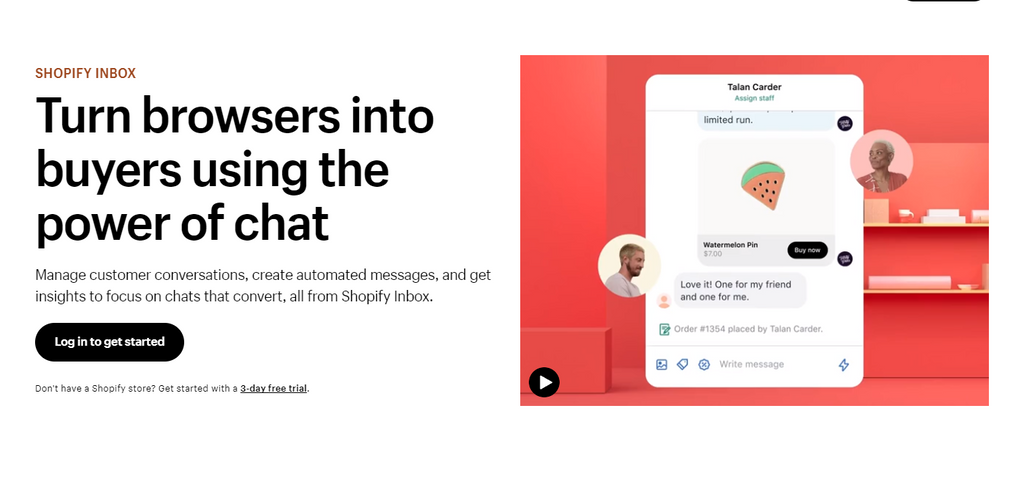 This gives your potential customers the confidence that they are making the right decision in your online store. You don’t even have to do the chatting yourself. You can automate responses to frequently asked questions (FAQs) or you can delegate it to your team.
This gives your potential customers the confidence that they are making the right decision in your online store. You don’t even have to do the chatting yourself. You can automate responses to frequently asked questions (FAQs) or you can delegate it to your team.
Shopify Page Builder
Shopify in itself gives you a lot of choices in designing your online store with its selection of themes and built-in tools. But if you don’t find the website feel that you like on Shopify, you can use a page builder like PageFly to improve the functionalities and overall feel of your website.
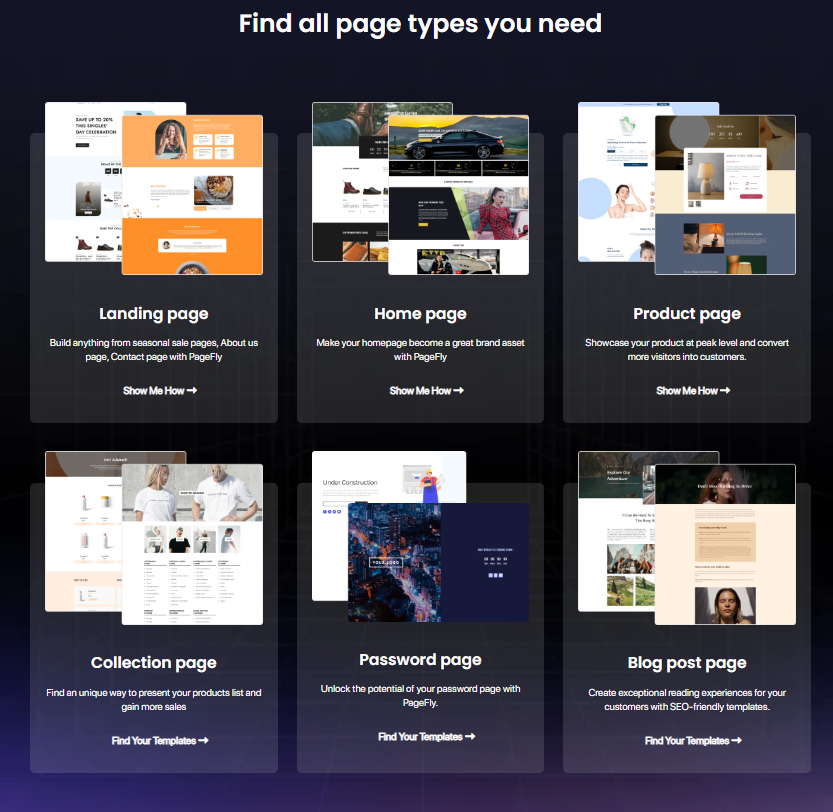
You can further enhance user experience by tweaking some elements of your website according to your taste. 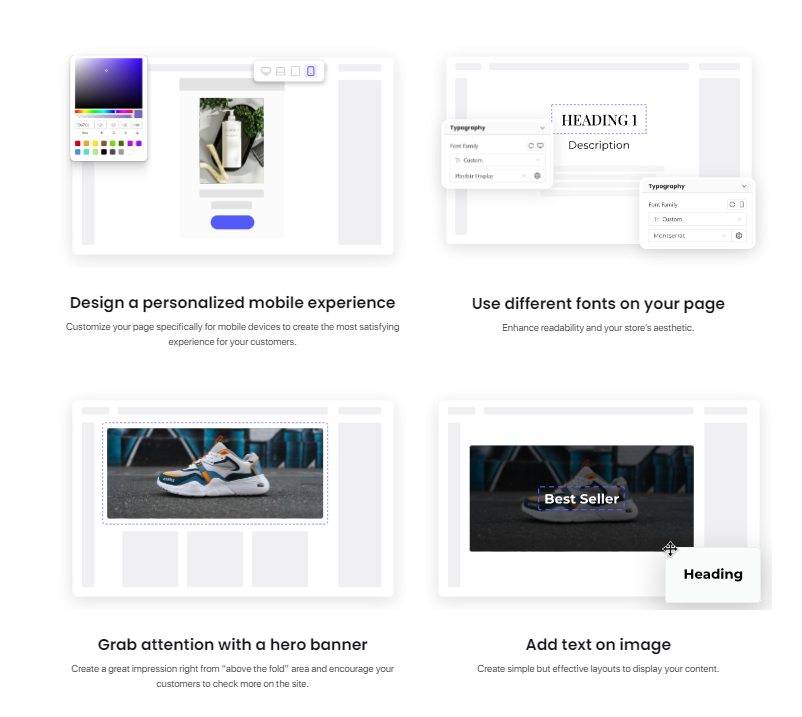
07. Set Competitive Prices 
A key aspect to acquiring sales is knowing how to price your products. The same applies to selling online courses. Of course you have the freedom to set your prices. But if you went overboard, you might end up not selling anything because it’s too expensive.
On the other hand, if you price your online courses lower than everyone else, you end up losing the opportunity to earn more from your business. Additionally, when you price your course lower than everyone else, it might give the impression of mediocrity to your target customers. They might end up looking elsewhere.
Thus, pricing is a bit tricky. You neither want to go too high nor too low.
08. Offer Limited Discounts
 Do you want to offer low prices for your digital downloads? Offering discounts at a limited time would be the perfect strategy for you. Discounts help you pull in customers in your initial launch. Thus earning money to keep the business going.
Do you want to offer low prices for your digital downloads? Offering discounts at a limited time would be the perfect strategy for you. Discounts help you pull in customers in your initial launch. Thus earning money to keep the business going.
Remember that buyers always want to get that feeling of getting their money’s worth. Better yet, getting more than what they paid for. A properly executed discount strategy will help your customers achieve that superficial feeling of great value.
09. Set Realistic Sales Goals 
Truth be told that you want to offer online courses on Shopify because you want to make a living out of it. However, it is very easy to fall into the trap of overestimating your potential sales.
If you set unrealistic sales goals, you might end up pricing your product the wrong way. Or worse, feel frustrated because you aren’t hitting your targets.
Thus, to set realistic sales goals, it is important that you get your pricing right. Take into account the time and money you spent in building your course. And try to quantify the number of your potential customers. This will be your baseline in pricing and goal setting.
Remember that if your pricing is lower, it will be more affordable for many people and it is more likely to be purchased. However, you will need more sales to get a profit.
On the other hand, if you priced your course on the higher side, it will not be as inclusive as a lower-priced course. But you need lesser sales to get a profit.
10. Advertise your online course 
Advertising is in no way an easy feat, especially if you are new to the game and you have no pre-established online community. But it doesn’t mean that it would be impossible for you to sell.
When you consider the competitive demands of the online learning industry, it will be wiser to start building a community months or even years before starting your Shopify store.
An effective way to promote your courses is through regular Shopify blog posts, which can attract potential students by providing valuable content and insights related to your course offerings.
You can do this by establishing yourself online as someone with credibility over a certain subject. Create a Facebook, Instagram, TikTok, or YouTube channel and share your knowledge. Aim to create dynamic content that will keep your audience engaged.
Be consistent with your social media effort until you establish trust and build a substantial number of followers. By that time, it will be easier for you to introduce your online course.
“What if I don’t have a huge social media following? Can I still sell digital downloads in my Shopify store?”
Yes, you still can. However, you will have a harder time doing so. This doesn’t mean that it is impossible. There are numerous ways to launch ecommerce ads to help you achieve your sales targets.
11. Aim to get positive reviews.

Reviews come after your target customers purchased your online courses. At that time, the quality of your digital products will dictate the type of reviews that you will get in your Shopify store.
Positive reviews can only come from a positive customer experience. And this is possible if you created a high quality online course.
Therefore, you should always have your customers’ potential experience in mind when you create courses. Even during the early stages.
Create high-quality content and be receptive to feedback during your market testing to know which areas of your course need improvement. If you keep your mind open in improving your online course, you won’t have a hard time getting positive reviews.
What Not to Do When Selling Courses on Shopify?

Becoming an ecommerce entrepreneur and selling access to digital courses, especially when you aim to sell online courses on Shopify, comes with pitfalls that might ruin your credibility.
Here are some of the things you need to avoid in your online business:
Fake Your Expertise 
As mentioned, you don’t have to become an expert to sell online courses. In fact, it is very easy to create a Shopify account, do some superficial research on any topic, create ebooks, and sell digital downloads.
But this goes without saying that you should know the limits of your skills and competencies. To build a legitimate credibility as a subject-matter expert, it is important for you to stay in your lane.
Avoid being that entrepreneur who rides every bandwagon there is. You can’t build credibility like that. Soon enough, people will find out that you are just after the money, and not helping people achieve better lives.
Focus on Money Instead of Quality Content
 Speaking of prioritizing monetary gains over quality, you should be mindful that the goal when selling online courses should always be to provide value.
Speaking of prioritizing monetary gains over quality, you should be mindful that the goal when selling online courses should always be to provide value.
Make sure that your course content provides substantial value to your customers.
Focus on quality and money will follow. When you have established yourself as someone who puts out valuable content, you won’t have a hard time convincing people that you are genuine. Your work will speak for you.
Set Expectations You Can’t Support
 Part of selling courses on Shopify is advertising that you exist. And it is very tempting to release marketing copies that exaggerate your course content just so you can persuade people to buy.
Part of selling courses on Shopify is advertising that you exist. And it is very tempting to release marketing copies that exaggerate your course content just so you can persuade people to buy.
At all costs, avoid doing this when you sell online courses on Shopify. Setting your customers’ expectations without being able to back it up will only work to your detriment.
Be real with your advertisements and truly deliver the value that you are trying to sell.
Examples of Selling Courses on Shopify
You would be amazed that selling courses and other digital downloads is not just for content creators. Some Shopify merchants selling physical products have also found additional revenue streams from these digital downloads.
Take a look at some of the examples below.
01. Amanda Ramsay 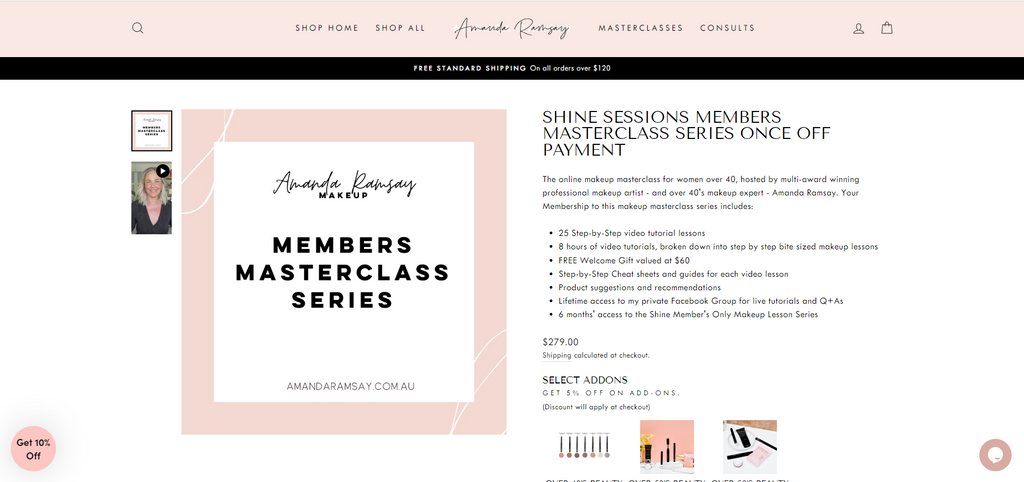
Source: amandaramsay.com.au
Amanda Ramsay is an Australian ecommerce website selling different kinds of products ranging from makeups, skin care, and other related items for women. But aside from these products, the website also offers masterclasses for makeup enthusiasts and aspiring makeup artists. Additionally, it offers a one-on-one consultation with Amanda Ramsay herself for those who want a more personal touch in their learning journey.
02. Kitchen Kapers

Kitchen Kapers is a US-based business established way back in 1975. They are known for selling all kinds of things related to kitchen and dining. They offer cookwares, stoves and grills, knives, baking supplies, bar supplies, and more. Nowadays, you can avail all their products through their shopify store. In addition to their kitchenware, they now offer cookbooks in their ecommerce site.
Although these are physical books, who’s to say that you can’t sell ebooks in your Shopify store?
03. The Happy Cook

Here is another example from the enchanting and mouth-watering world of food. The Happy Cook is an ecommerce website selling cookware, cutlery, coffee and tea, and more. On their website are hundreds of different types of products from hundreds of brands for all your cooking needs. Do you want to learn how to cook? You can purchase pre-recorded cooking classes from their website, showcasing how they successfully sell online courses on Shopify. They also offer live-streaming cooking classes for those who want to learn in real time, further extending their use of Shopify to sell online courses alongside physical products.
04. Kathi Und Chris

Kathi Und Chris (Kathi and Chris) is an ecommerce site selling access to live online seminars about photography – mainly weddings and couples. In addition, they also offer Lightroom photo editing-classes.
05. Writers Store

Writers Store is like a library full of film-making, screenplay, and scriptwriting books for those who want to make a career out of their wordsmithing and creativity. They offer digital downloads for almost every genre there is. They also offer how-to videos. This website is a gold-mine for writers and aspiring filmmakers. .
Bottom Line
Earning from creativity has now become easier for content creators like you. The question, can you sell courses on Shopify? is met with a resounding yes. Although it is almost impossible to find a niche where competition is non-existent, you can still make yourself stand out from the crowd.
One way of doing that is by learning how to sell courses on Shopify and then launching your online courses on Shopify.
Shopify is no longer just for selling physical products. Now, you can create online courses in your area of expertise and you can earn a living out of it. You can also integrate Shopify on learning platforms such as Learners World and use it as a secure payment gateway.
Study what your competitors are doing right and learn from them. But more importantly, creating a high-value course for your target customers must be your driving force.
Harness the power of Shopify in your ecommerce store, create visually striking pages with PageFly, and learn how to market your products. If you learn these three things, your chances of success in selling courses on Shopify will be higher.




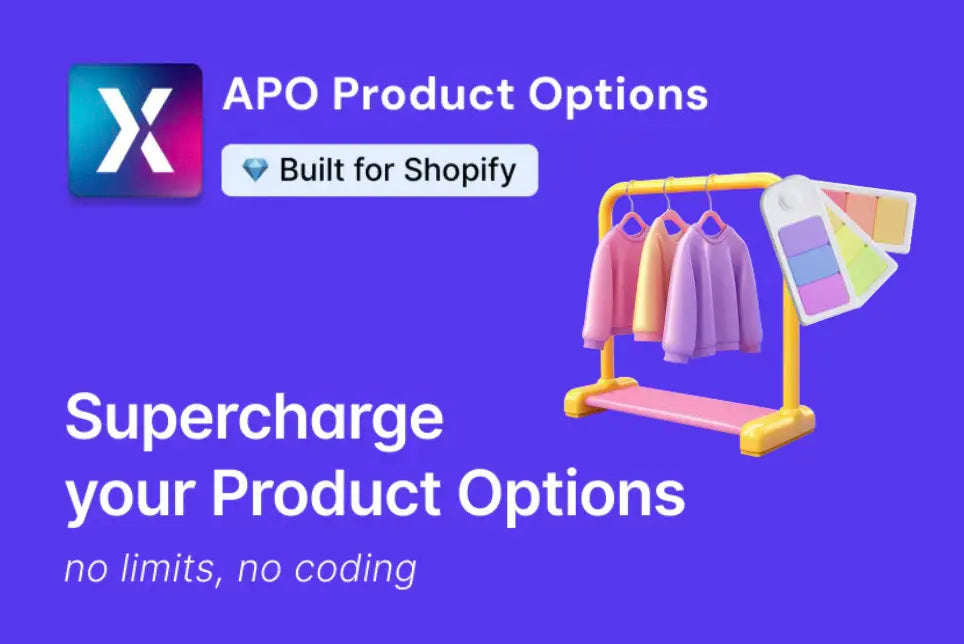

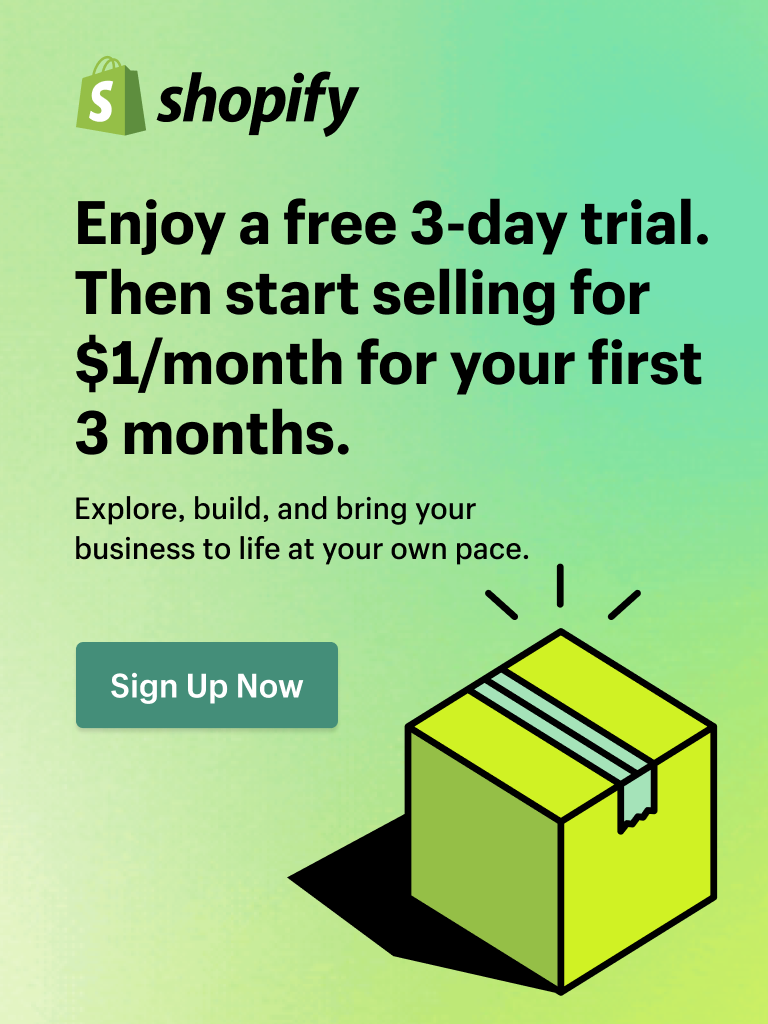
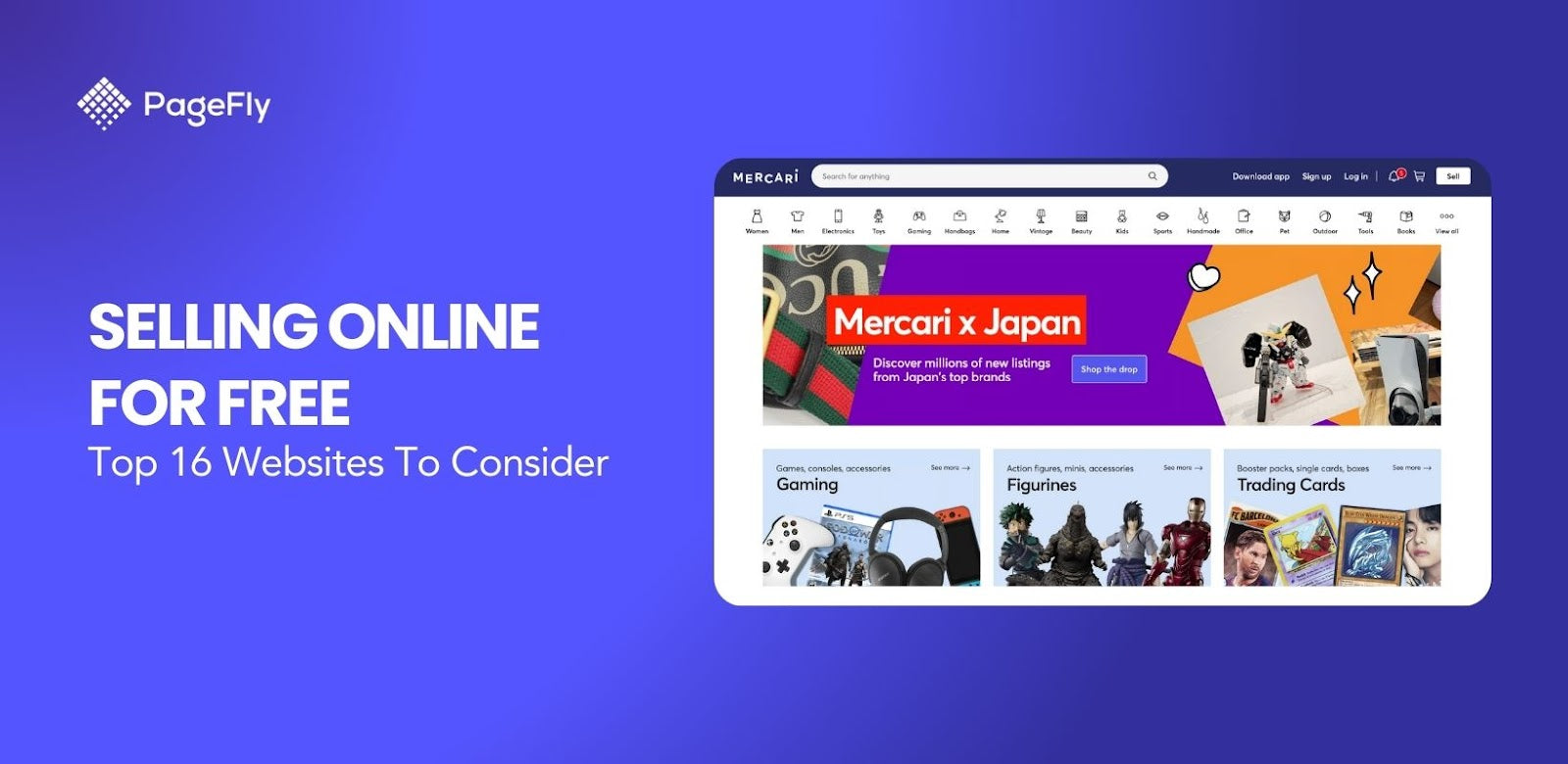

![14 Profitable Small Food Business Ideas for 2025 [Real Numbers]](http://pagefly.io/cdn/shop/articles/1_58b587d2-13db-4aa6-8c19-e40f5c88d3eb.jpg?v=1758255771&width=4460)
![Art Business Names: 350+ Ideas + Free Generator [2025 Updated]](http://pagefly.io/cdn/shop/articles/art_business_name_e94a54e9-d325-4ba3-94ab-7b4297952312.png?v=1760062968&width=1640)
